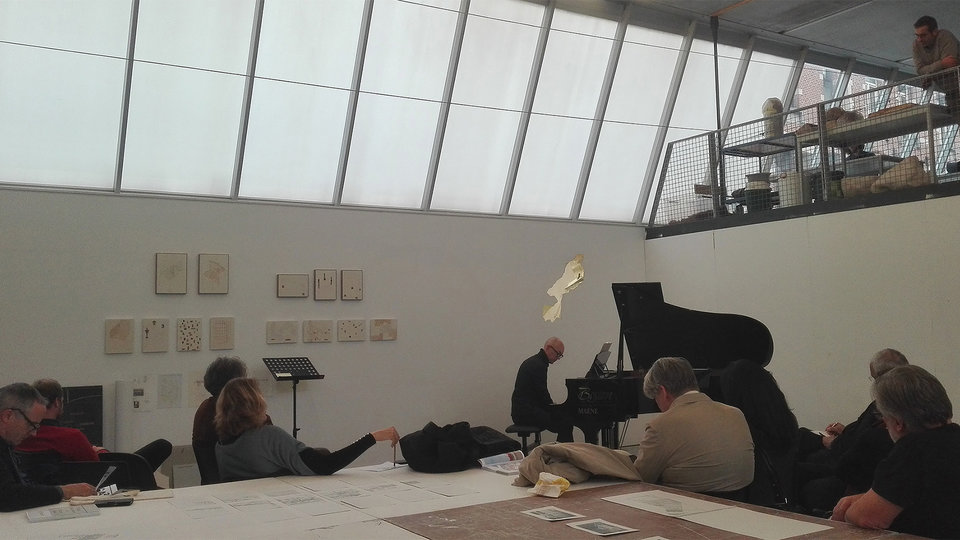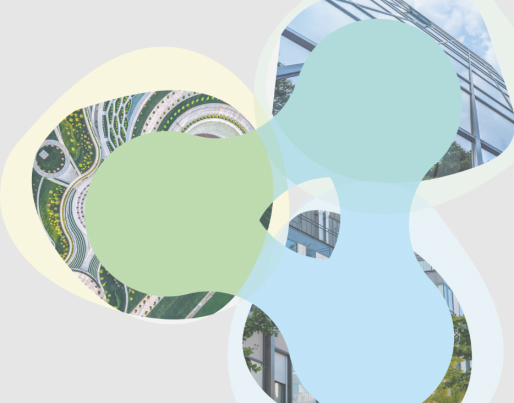Theories, Territories, Transitions
Theories, Territories, Transitions starts from the assumption that theory and practice should not be seen in a binary opposition. It distances itself from the assumption that practice is a mere application of theory and that theory is an afterthought on practices. Theories, Territories, Transitions assumes that theory is never just applied, and that practice is never non-theoretical. The relationship between the two is not one of resemblance, where the one assimilates the other. In the development of theoretical points of view there is always a territory that supports, allows, and sustains them, as well as a series of practices that transition between them and in doing so, provoke new practices. In such a transitional understanding, theory and practice relate through relays, through borderings and liminal crossovers that are not just facilitative but generative of both: the transitional act produces both a thinking and a doing.

Theories, Territories, Transitions acknowledges and promotes an openly transdisciplinary ethos. Transdisciplinarity facilitates transitional shifts between the diverse theories and practices of the section; it also necessitates the collective production of shared (theoretical and practical) problems. While interdisciplinary and multidisciplinary research both entail the collaboration of different domains, they do so from a point of integration, where any of the disciplines involved share methodologies and theoretical frameworks to work towards a unified and integrated research. On the other hand, transdisciplinary research also affords the production of methodological and conceptual innovations that emerge to address what binds disciplines: a shared problem. Transdisciplinarity does not obey the constraints of any discipline, but, on the contrary, transforms them to productive transpositions. As such, Theories, Territories, Transitions does not merely seek to cater to existing responses to the faculty’s societal themes of sustainable urbanisation, circularity, climate adaptation and digitalisation. On the contrary, its ambition is to thoroughly and systematically problematise them, discovering both what is singular in each but also the relays that bind them and how could one theorise, territorialise, and transition between them.
Theories, Territories, Transitions is composed of three academic groups that each assume their distinct position in both the theories and the practices they engage with, while embracing their transitional heterogeneity as that which allows epistemological contaminations among them. Architectural Design Crossovers emphasizes the indeterminacy in architectural design while engaging with various design realms and fields, addressing the need for dynamic exchange between agents of transition and the theoretical, methodological, pedagogical, and disciplinary crossings. Architecture Philosophy and Theory examines and proposes a general ecologisation of architecture, where affects determine our relationship with space, technicities produce our subjectivity and processes of worlding differentiate our experiences. Borders & Territories examines the role of borders in spaces of conflict, acknowledging the context and material conditions of diverse territorial entities, while speculating on how mapping, drawing and other techniques both produce architecture and challenge disciplinary borders by transgressing them.
Members
Research staff:
- Cécile Calis
- Roberto Cavallo
- Micha de Haas
- Filip Geerts
- Robert Gorny
- Stavros Kousoulas
- Joran Kuijper
- Stefano Milani
- Andrej Radman
- Oscar Rommens
- Negar Sanaan Bensi
- Marc Schoonderbeek
- Alper Semih Alkan
- Heidi Sohn
- Steven Steenbruggen
- Agnes van der Meij
- Johan van Lierop
Post docs:
PhDs:
Key projects

CA2RE Community for Artistic and Architectural Research
NEBA New European Bauhaus Academy
On Thirst and Mirage
This TU Delft Climate Action project investigates the spatial impact of climate change on the fragile desert landscapes of conflict zones. It maps and documents the impact of drought on the landscape and communities at the border zone of Iran, Pakistan and AfghanistanCIMATRA City Making at Times of Transitions

Intelligence, Instituting and Archiving: Deleuze & Guattari International Studies Conference
